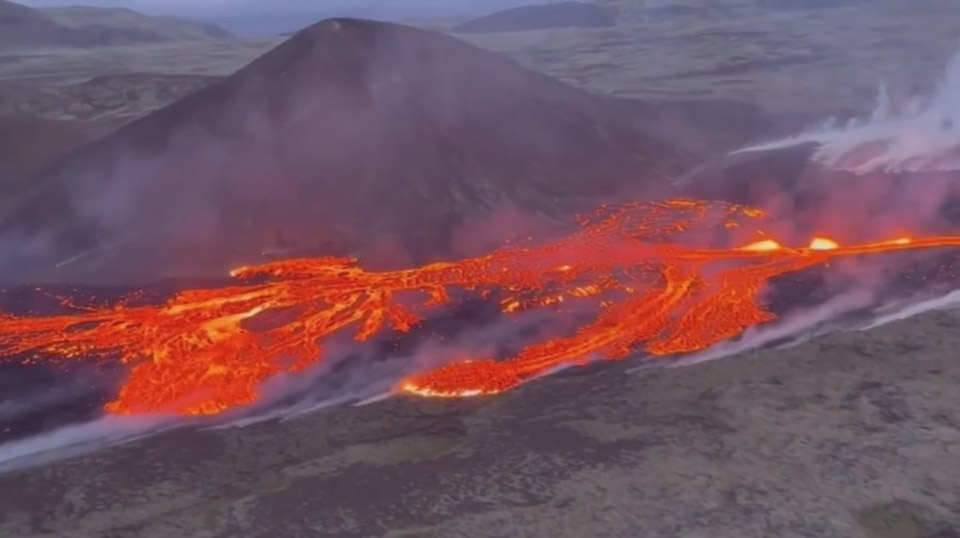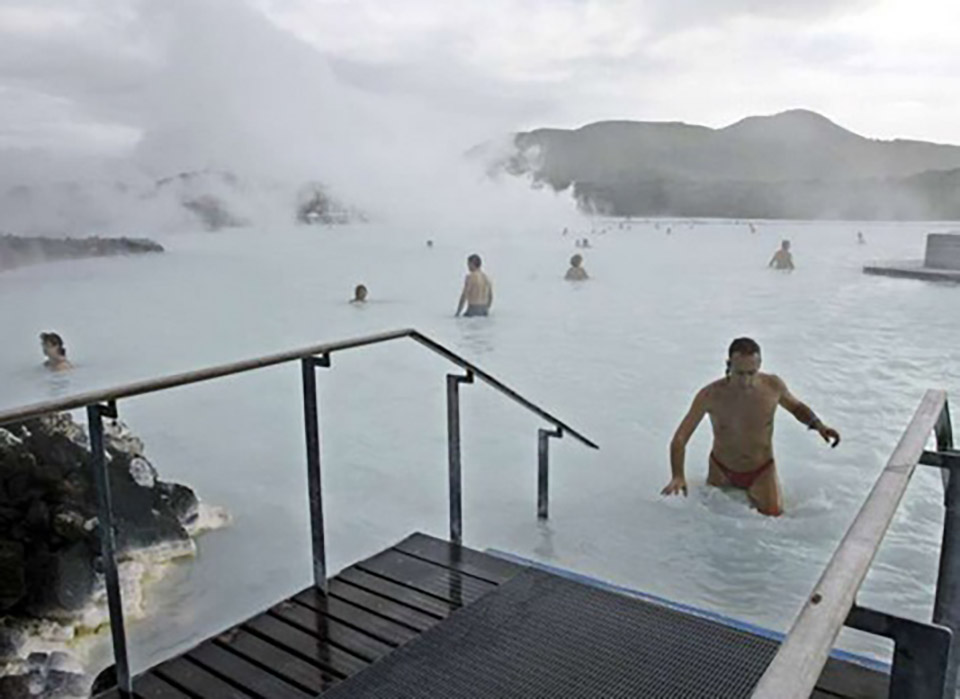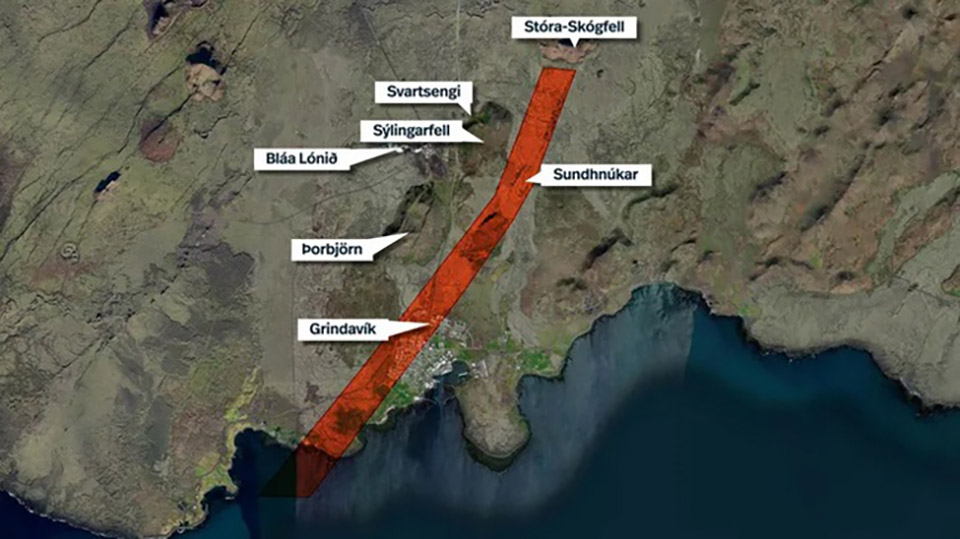
Authorities in Iceland have evacuated 3,000 residents of Grindavik, a southwestern town, amid growing concerns about a potential volcanic eruption on the Reykjanes peninsula. This decision follows a series of earthquakes and signs of underground magma movement, indicating a considerable risk of eruption, as stated by the Icelandic Meteorological Office (IMO).
While the evacuation of Grindavik, a fishing town near the affected area, was not classified as an emergency, it was deemed necessary due to the significant size and rapid movement of the underground magma. The Reykjanes region, a known volcanic and seismic hot spot, has experienced several eruptions in recent years, primarily in unpopulated areas. However, the current situation is considered to pose a direct threat to populated areas.
The increased seismic activity has already led to the closure of the Blue Lagoon geothermal spa, one of Iceland’s major tourist destinations. The Fagradalsfjall volcanic system in the region, which had been inactive for over 6,000 years, erupted in March 2021, with lava fountains from a fissure. The volcanic activity continued for six months, attracting thousands of visitors. Subsequent eruptions occurred in August 2022 and July 2023 in the same area.
The ongoing volcanic activity and the recent increase in seismic events have prompted authorities to take precautionary measures to ensure the safety of the local population. (NNT)








